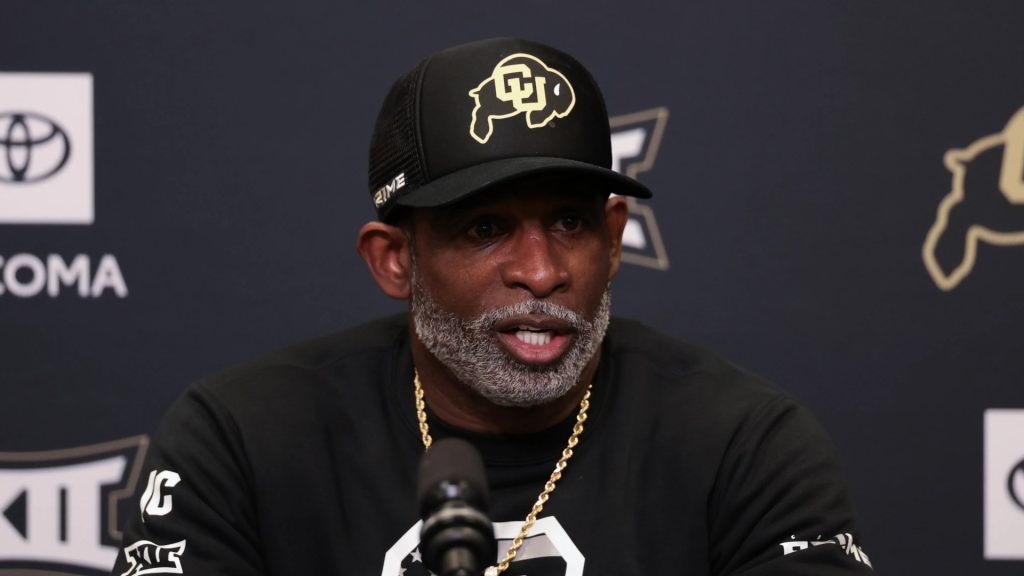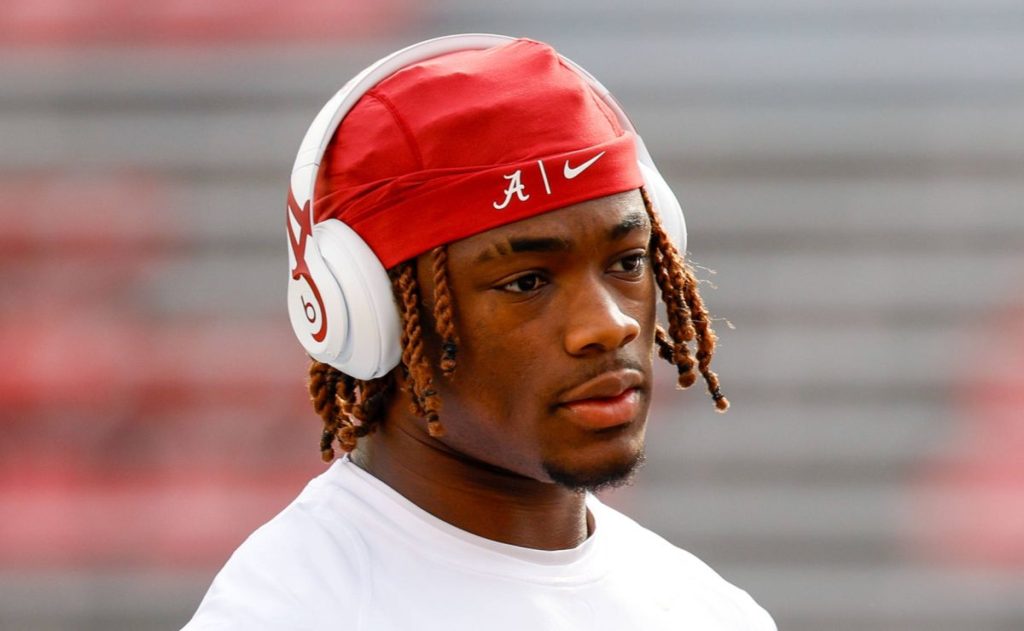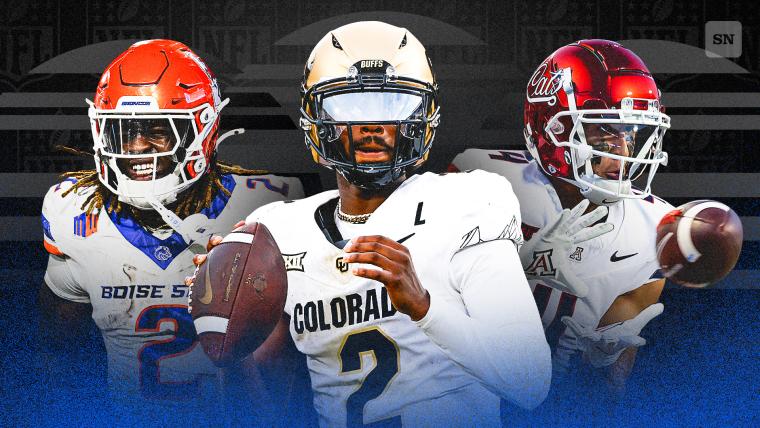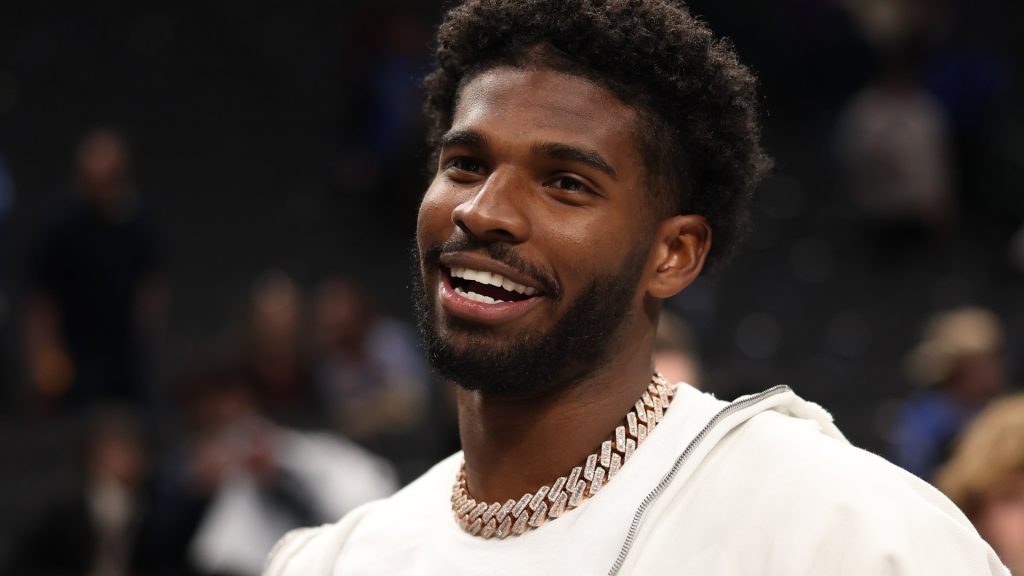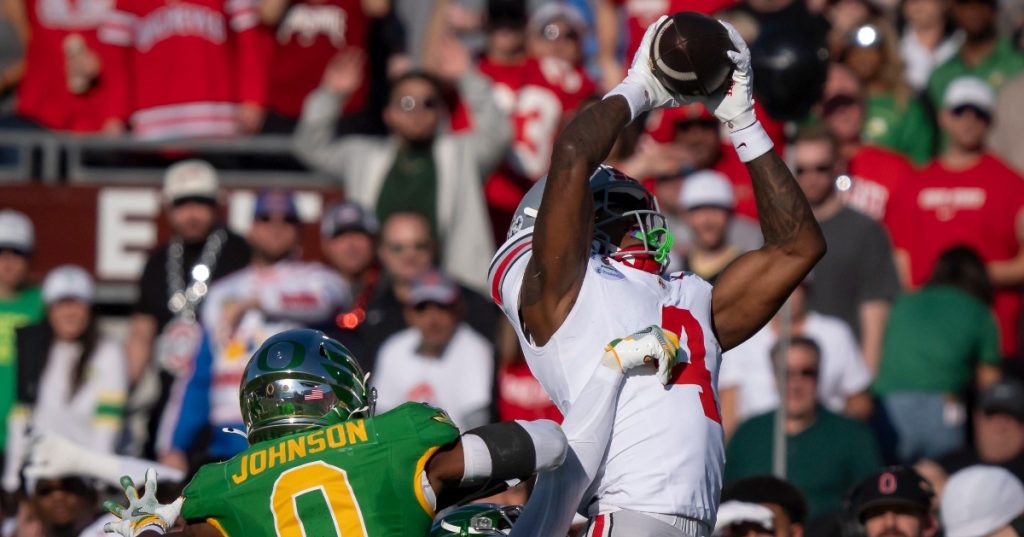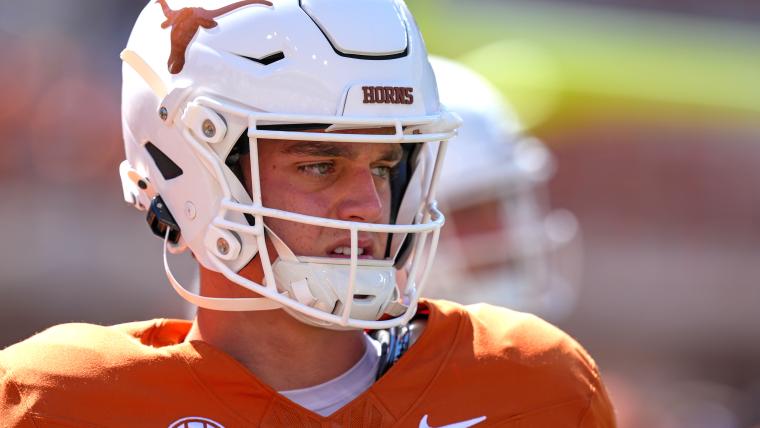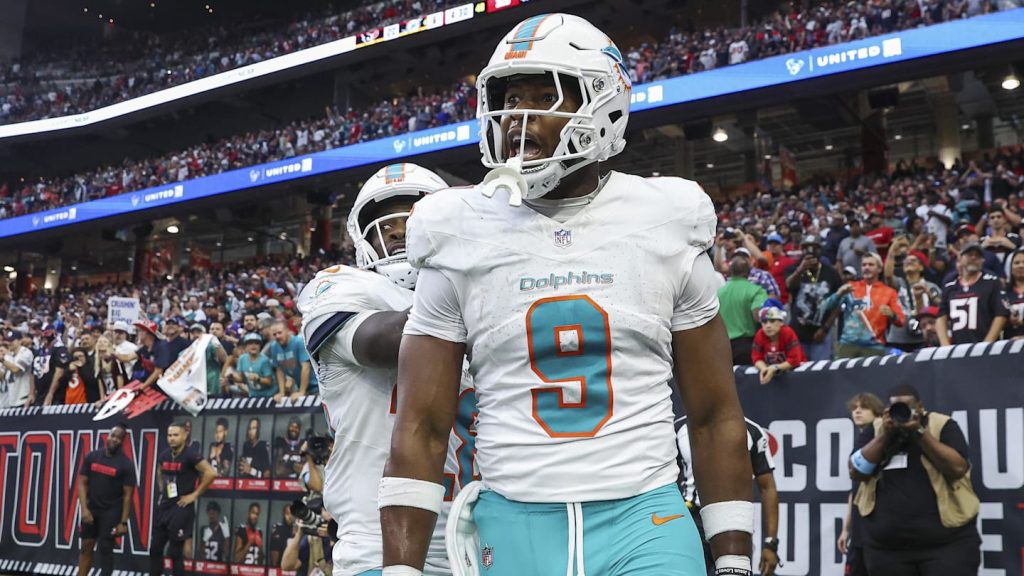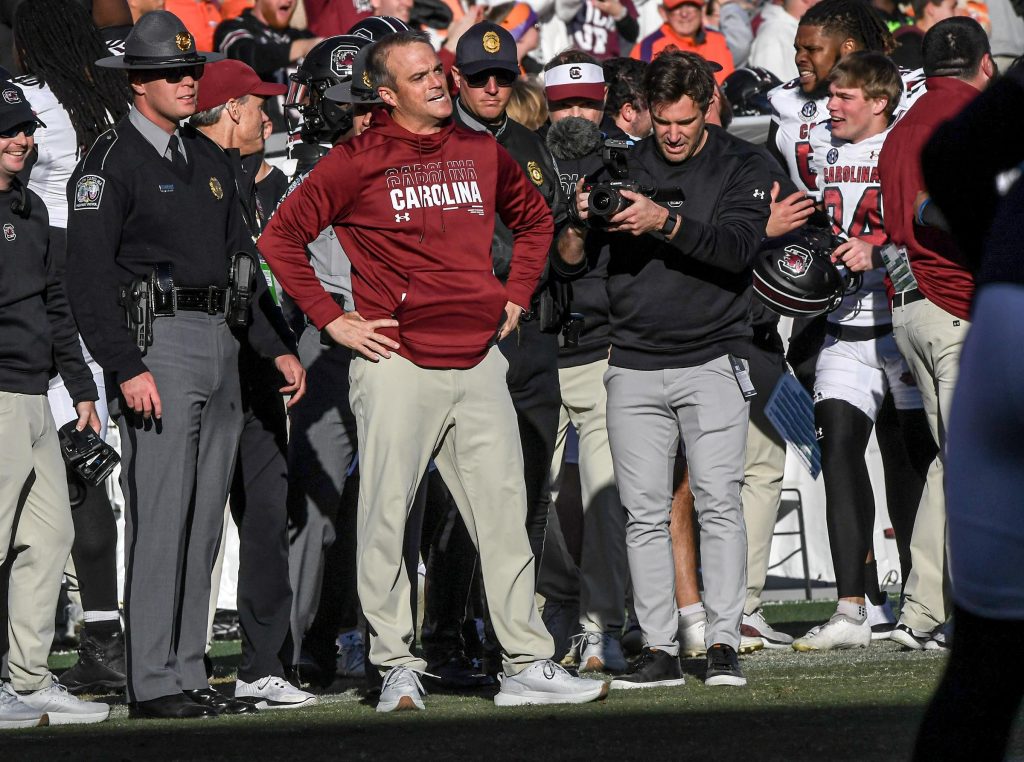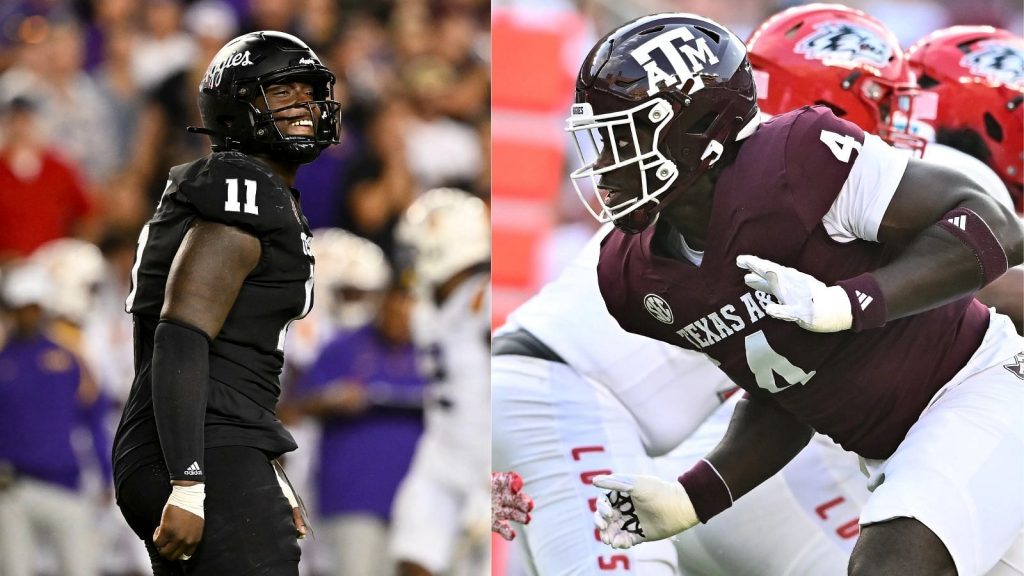Penn State quarterback Beau Pribula made headlines recently with his unexpected decision to leave the Nittany Lions before the College Football Playoff. This bold move sent shockwaves through the college football community as he announced his intention to enter the transfer portal, describing the choice as “impossible.” With the postseason looming, many are left wondering about the implications of such a departure.
Timing of the Transfer Portal
In the wake of Pribula’s announcement, discussions have emerged regarding the timing of the transfer portal windows. This year, players could enter the portal starting December 9, just a day after the College Football Playoff rankings were revealed and bowl assignments announced. The window remains open until December 28, with another opportunity for players to transfer in the spring. But is this timing beneficial for the players, or does it create more chaos than clarity?
Nick Saban’s Call for Change
Amidst this debate, Alabama coach Nick Saban has stepped into the spotlight, advocating for a reevaluation of the current system. He highlighted the absence of rules and guidelines in college football and emphasized the need for the sport’s calendar to align more closely with academic schedules. Saban’s perspective echoes sentiments shared by others in the industry, including sports analyst Andy Staples.
“Players can’t be blamed for their decisions,” Saban remarked during an appearance on ESPN College GameDay. “If we want to maintain integrity, we need a structured set of rules.” He pointed out the disconnect between the academic calendar and the football season, arguing that it’s inappropriate for players to leave their teams before the season concludes.
Proposed Solutions: Aligning Academics and Athletics
Saban’s proposal suggests that if the transfer portal were to open in May, after the season has ended, players would have a clearer understanding of their roles on their teams during spring practice. This would reduce the frequency of player transfers and provide stability for both teams and athletes. “You shouldn’t be a free agent twice a year,” he asserted, emphasizing the importance of commitment to one’s team.
But what does this mean for the players? Saban believes that a single transfer window would not only benefit the athletes but also enhance team dynamics. By allowing players to make informed decisions after the season, teams could maintain continuity and foster stronger relationships among teammates.
National Legislation: A Growing Necessity
The conversation around the need for reform has reached the ears of NCAA president Charlie Baker, who has repeatedly called for Congressional intervention to establish national legislation. This summer, various bills, including the Protecting Student Athlete’s Economic Freedom Act, made their way to the House floor, highlighting a growing recognition of the need for change.
Saban has also taken his message to Capitol Hill, advocating for a national NIL (Name, Image, and Likeness) bill. He believes that athletes should be required to sign contracts with their schools, which would help prevent situations like Beau Pribula’s. “We probably need some national legislation to standardize the rules across states,” he stated. “Right now, different rules govern each state regarding what you can and can’t do with players.”
Contracts and Responsibilities
The crux of Saban’s argument lies in the idea of contracts. He envisions a system where both coaches and players have responsibilities tied to their agreements. “If you have a contract, you have a responsibility,” he explained. “Players should be able to earn money, but they should also have obligations to fulfill, just like coaches do.”
He pointed out that just as coaches often have buyout clauses in their contracts, players should face consequences if they leave a team prematurely. This structure would create a sense of accountability and commitment within college football, ultimately benefiting all parties involved.
The Future of College Football
As the landscape of college football continues to evolve, the need for a cohesive framework becomes increasingly evident. With players like Beau Pribula making significant decisions that impact their teams and futures, the conversation around transfer policies and player rights is more relevant than ever.
Will the NCAA take the necessary steps to implement these changes? Can college football find a balance between player freedom and team stability? As discussions unfold, one thing is clear: the future of college football is at a crossroads, and the decisions made today will shape the game for years to come.
In this dynamic environment, the voices of coaches, players, and administrators will play a crucial role in determining the next steps. The passion for college football runs deep, and as we navigate these changes, the focus should remain on what is best for the players and the integrity of the sport.

















